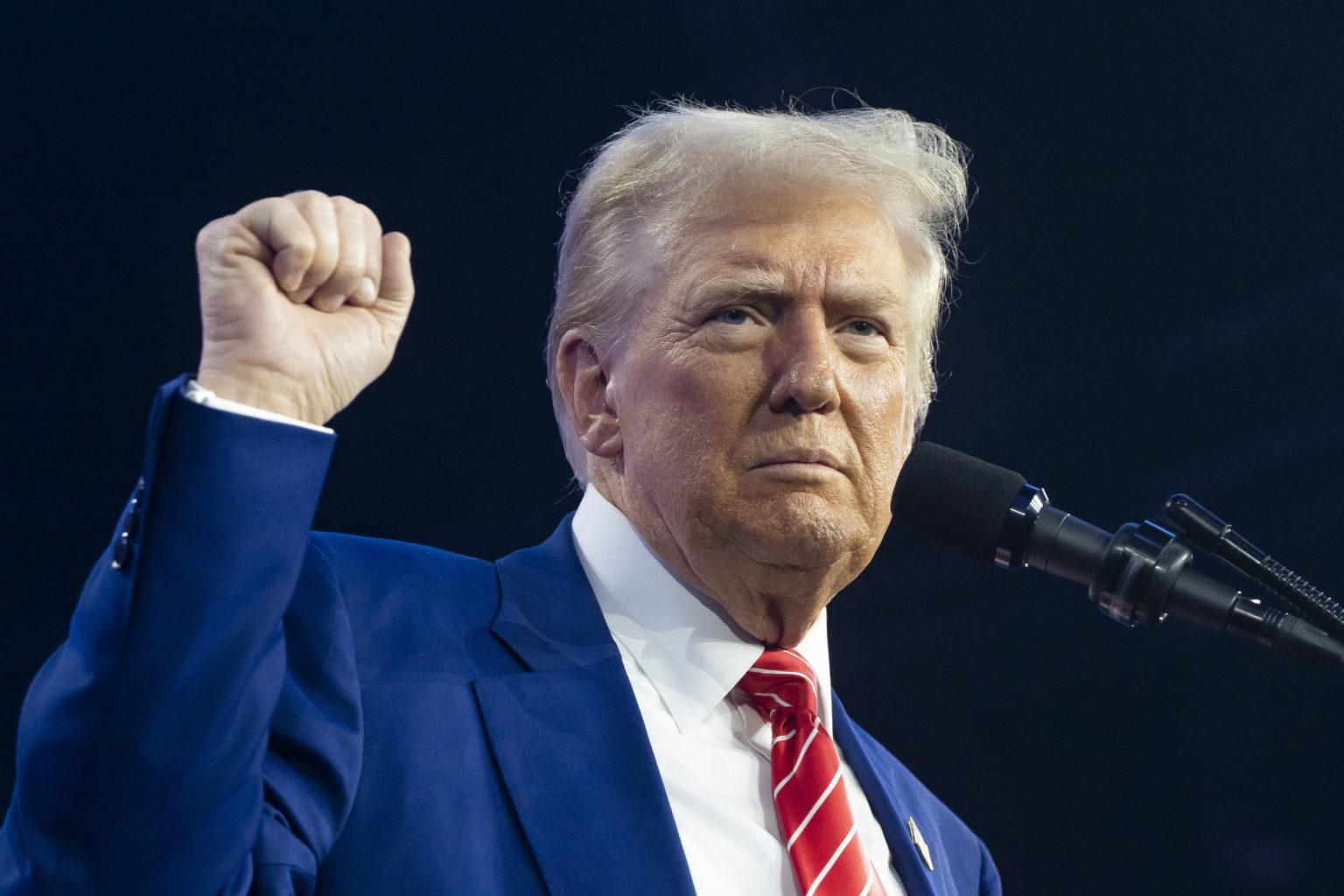John Yoo’s Warning of a "Constitutional Earthquake"
John Yoo, a prominent legal scholar and former government official, has voiced concerns about the potential for a "constitutional earthquake" should Donald Trump follow through on certain policy proposals upon retaking office. Yoo’s apprehension centers on Trump’s repeated suggestions of withdrawing the United States from NATO, a move that would have far-reaching implications for international relations and U.S. foreign policy. The potential clash between executive power and congressional authority in such a scenario is at the heart of Yoo’s warning.
Trump’s Stance on NATO and Defense Spending
Trump’s history with NATO has been marked by frequent criticism of the alliance’s defense spending levels. During his first term, he pushed for member nations to double their defense spending goals to 4% of their GDP, and more recently, he has suggested an even higher target of 5%. He has accused NATO allies of relying too heavily on U.S. contributions and has repeatedly hinted at the possibility of American withdrawal from the alliance if these spending demands are not met. These statements have raised concerns among NATO allies and within the U.S. regarding the future of transatlantic security cooperation.
NATO’s Role and Article 5: Collective Defense
The North Atlantic Treaty Organization (NATO) was founded in 1949 as a bulwark against Soviet expansionism. Its core principle, enshrined in Article 5 of the treaty, mandates collective defense. This means that an attack on any NATO member is considered an attack on all members, requiring a unified response. The ongoing conflict in Ukraine, while Ukraine is not a NATO member, has heightened anxieties within the alliance, with concerns that Russia might expand its aggression to neighboring NATO countries. This has emphasized the importance of NATO’s collective security framework and the commitment of its members to mutual defense.
Congressional Efforts to Limit Presidential Authority on NATO Withdrawal
Recognizing the potential risks associated with a unilateral withdrawal from NATO, Congress passed legislation as part of the 2023 National Defense Authorization Act aimed at limiting the president’s power in this area. This act requires either Senate approval or a separate act of Congress for the U.S. to withdraw from NATO, effectively preventing the president from acting alone. While bipartisan support for NATO remains strong, a faction within the Republican Party has expressed skepticism about continued U.S. involvement in the alliance, adding another layer of complexity to the debate.
Divergent Views on NATO and U.S. Involvement
The debate surrounding U.S. participation in NATO features a spectrum of opinions. Supporters of the alliance, including Senate Minority Leader Mitch McConnell, emphasize its historical success in safeguarding the free world and its continued relevance in the face of evolving geopolitical challenges. Critics like Representative Marjorie Taylor Greene argue that NATO allies are not contributing their fair share and that U.S. taxpayers are shouldering an undue burden. Experts like James Carafano of the Heritage Foundation contend that a strong NATO and an independent Ukraine are in America’s best interest. These diverse perspectives highlight the complex and often contentious nature of the discussion.
Uncertainty Surrounding Trump’s Future Approach to NATO
Trump’s intentions regarding NATO remain unclear. Some analysts speculate that his rhetoric is primarily aimed at pressuring allies to increase their defense contributions, a tactic he employed during his first term. Others express genuine concern about the possibility of a U.S. withdrawal from the alliance, a move that would have profound consequences for global security and the transatlantic relationship. The ultimate course of action that Trump will pursue remains to be seen, creating uncertainty about the future direction of U.S. foreign policy towards NATO. The interplay of these differing perspectives and the potential constitutional clash between executive and legislative branches sets the stage for a complex and consequential debate in the coming years.

